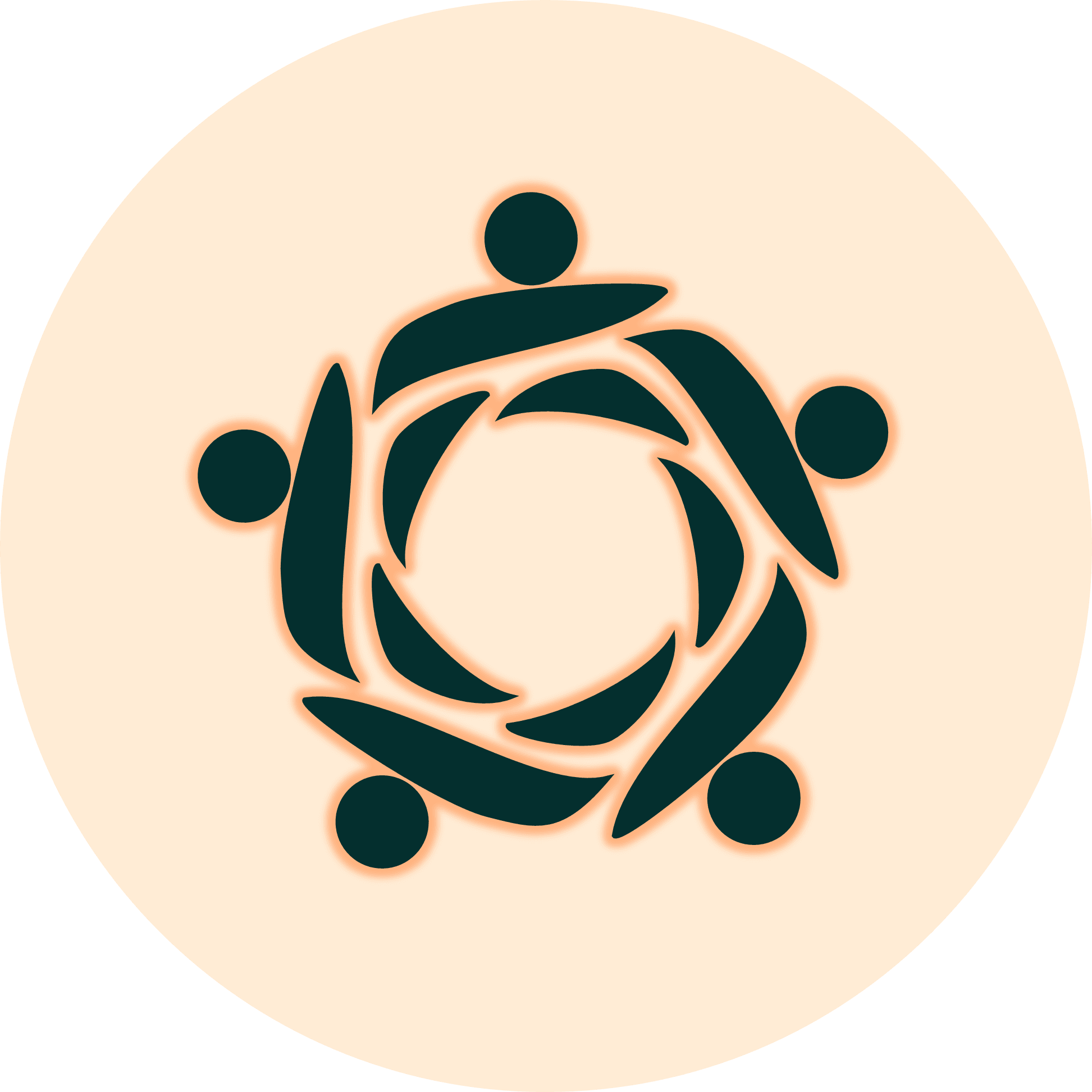Community guideline
Foster healthy social and emotional development
Strong emotional and social skills foster health and happiness. To achieve these skills, communities should facilitate and support individuals at all stages of life to refine their social skills and meet their varied social needs.
- Develop and implement age and community-appropriate social and emotional education activities, curriculum, resources, and other tailored supports that empower individuals and communities to connect.



Additional considerations
Developing emotional and social skills across different life stages is important for ensuring both personal wellbeing and the overall health of communities. Effective social and emotional learning (SEL) should begin with early intervention, embedding foundational skills such as empathy and cooperation into young children's activities. These early years are key as they set the stage for long-term emotional regulation and social interaction capabilities. However, the provision for such support should not end after schooling and efforts are needed to tailor and target SEL programs to diverse peoples.
As individuals enter the workforce, the challenges of navigating professional environments bring to light the necessity for continued social and emotional education, specifically focusing on achieving a healthy work-life balance. For working-age individuals, the stress of managing career demands alongside personal life can be significant. SEL programs that include strategies for maintaining this balance are essential. They help individuals manage their professional responsibilities without compromising their personal health and relationships, thereby preventing burnout and enhancing overall life satisfaction. Skills such as time management, stress reduction techniques, and setting professional boundaries are integral to these learning initiatives.
Support during non-normative life stages, such as divorce or bereavement, is equally important. Tailored interventions during these challenging times are important for helping individuals manage grief and upheaval, ensuring they continue to maintain social connections and emotional health. Additionally, parenting plays a critical role in social skills development, with parents needing resources that enable them to effectively guide their children in forming and sustaining healthy relationships.
Addressing the diverse needs across different life stages and community contexts requires a flexible and inclusive approach to SEL program development. It is essential to ensure that content, curriculum, and programs are available in various formats to accommodate different learning styles and accessibility needs. Communities may not have the resources or expertise to develop these programs independently; therefore, concerted efforts are needed to develop scalable, transferable, and adaptable programs at low cost. These efforts should focus on creating robust educational tools that can be customized to meet local needs while maintaining high standards of effectiveness and engagement.
By filling any gaps in SEL programming, especially for underserved or marginalized groups who might not have easy access to the resources, communities ensure that every member receives the necessary support to thrive in both personal and communal contexts. Overall, by integrating and continuously adapting SEL initiatives to meet the needs of individuals at different stages of life and in various circumstances, including the incorporation of work-life balance teachings, communities can foster resilient, socially skilled members who are well-prepared to contribute positively to their surroundings. This comprehensive approach not only aids in personal growth and happiness but also strengthens the communal fabric, creating a more inclusive and supportive environment for all.
Additional resources

WHO Evidence and Gap Maps for the UN Decade of Healthy Ageing
Interactive tools to support global efforts in promoting long, healthy lives. These maps help identify research gaps and guide policy decisions for reducing social isolation, improving functional ability, and supporting older adults' wellbeing.

The Center on the Social and Emotional Foundations for Early Learning
Promotes young children's social and emotional development by providing evidence-based resources for educators and caregivers. The Center focuses on building strong relationships, emotional regulation, and social skills to support children's school readiness and long-term success.

UBC’s Social Emotional Learning Resource Directory
An online platform offering tools, guides, and research to support social-emotional learning. It provides resources to help educators, parents, and professionals promote emotional intelligence, resilience, and positive behaviour in children and adolescents.

Collaborative for Academic, Social, and Emotional Learning
Advances social and emotional learning (SEL) in education by providing research-based tools and support. CASEL promotes SEL to help students develop self-awareness, social skills, and responsible decision-making for academic and life success.

Program for the Education and Enrichment of Relational Skills (PEERS®)
An evidence-based social skills program for adolescents and young adults with autism and other socio-emotional challenges. Developed at UCLA, PEERS® teaches essential skills for making and maintaining friendships and relationships.

Promotes social-emotional learning (SEL) for children and adolescents through research-based curricula. It helps students build empathy, manage emotions, solve problems, and make responsible decisions, fostering safe and supportive learning environments.

Provides schools with resources to help students develop life skills and a sense of purpose. It offers a curriculum that supports students in building values, relationships, and resilience to thrive both in and out of school.

Connects parents of children with special needs with trained mentors for emotional and practical support. The program offers guidance based on shared experiences, helping to reduce isolation and build a supportive community.

Fosters intergenerational collaboration to address societal challenges. It supports leaders and communities in creating initiatives that bridge generational divides, promoting inclusion and social change.

The National Academy for Social Prescribing
Advocacy organization promoting the uptake and implementation of social prescribing, a model of healthcare designed to connect patients with non-medical community resources to improve health and wellbeing.

The Dalai Lama Center for Peace and Education
Fosters compassion and wellbeing through education, promoting social-emotional learning (SEL) and mindfulness. The Center offers programs, resources, and events to cultivate empathy and kindness in individuals and communities.

